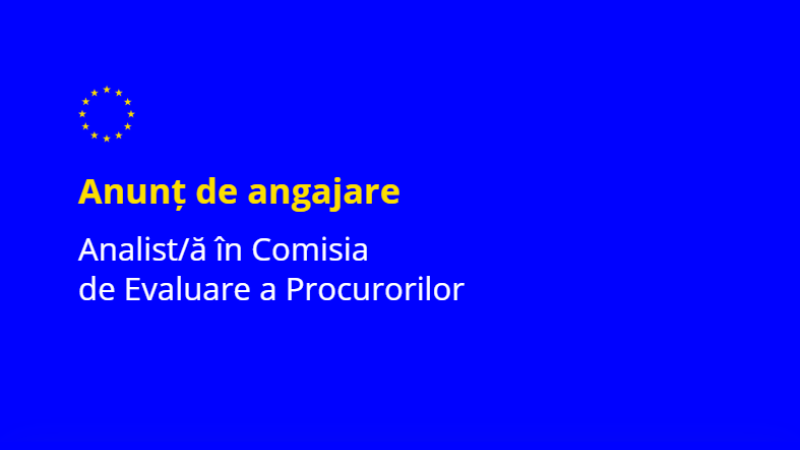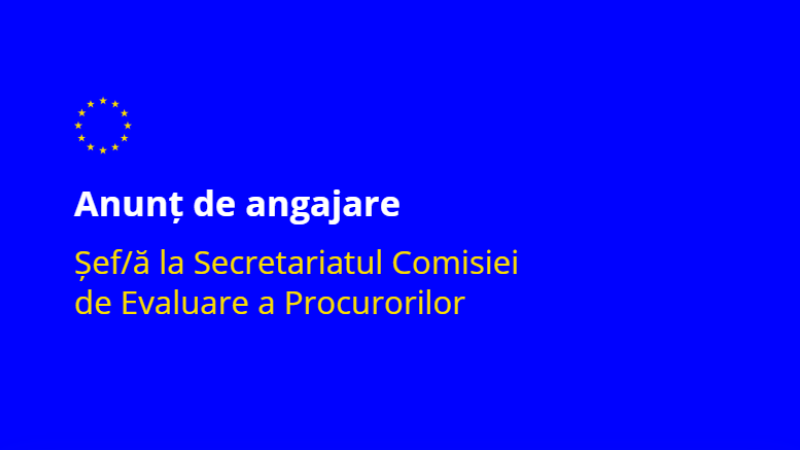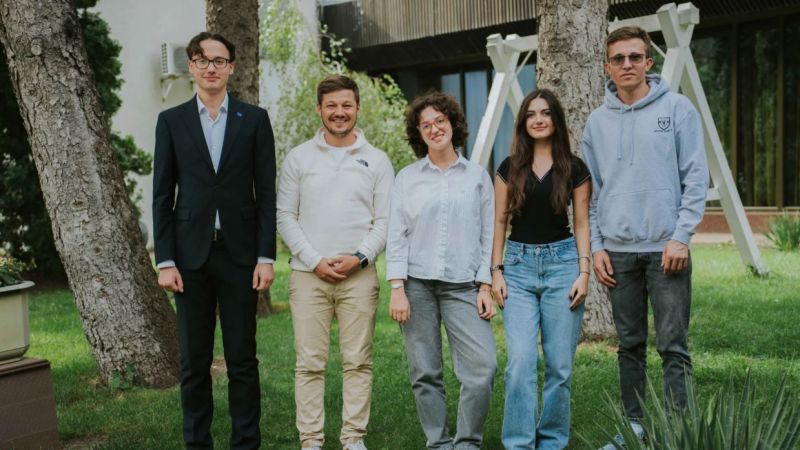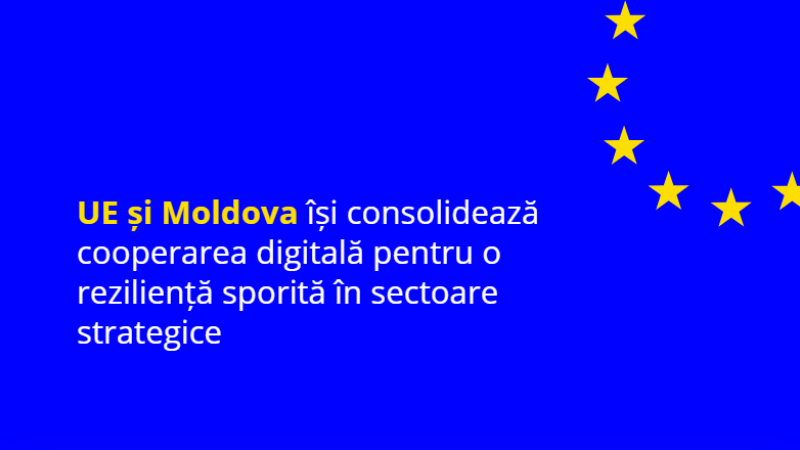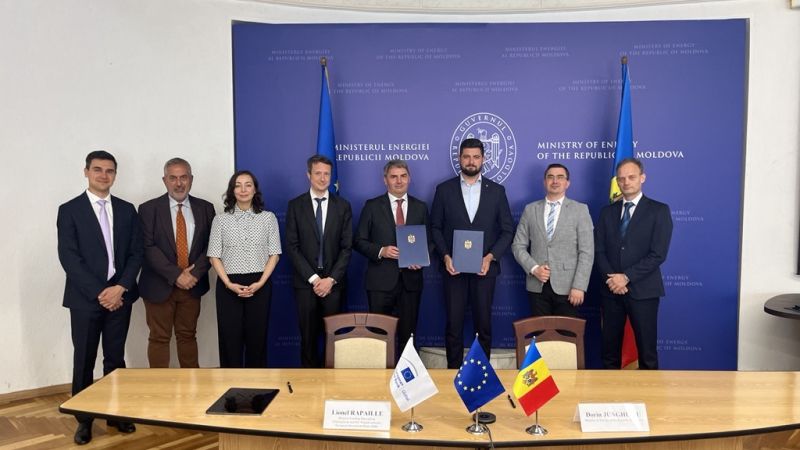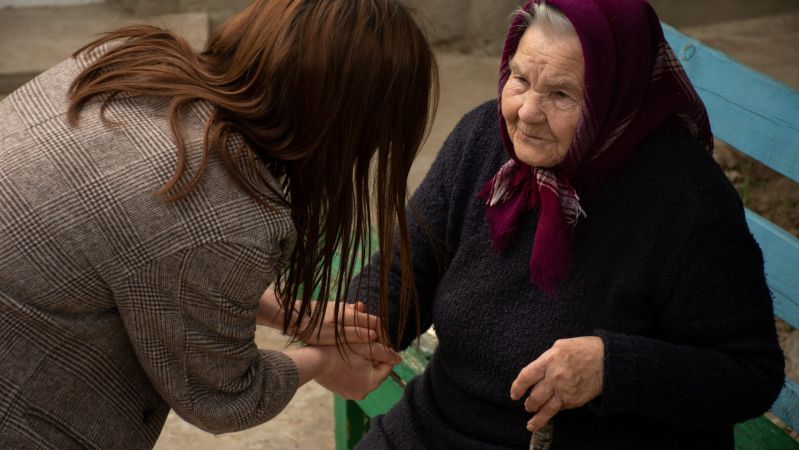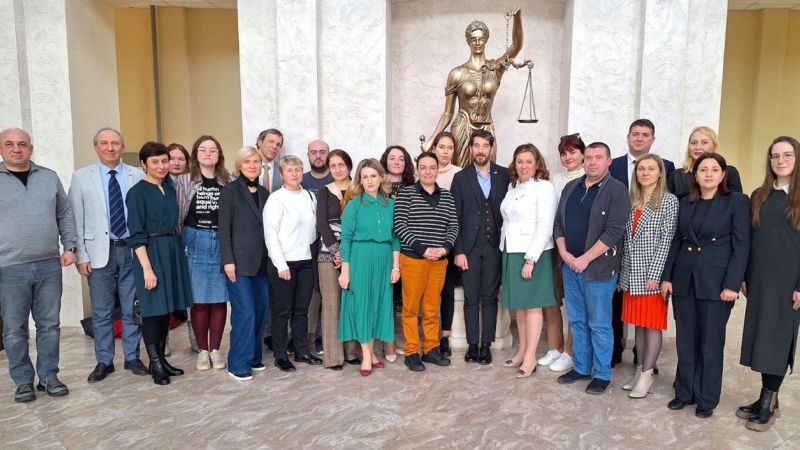
Crearea de parteneriate pentru transformarea digitală: realizări și priorități digitale în centrul atenției Parteneriatului estic
„Ceea ce este esențial este să colaborăm” în transformarea digitală, între abordarea regională și bilaterală și între partenerii internaționali și guvernamentali, precum și sectorul privat. Acesta a fost mesajul lui Hoa-Binh Adjemian, Șef de Sector, Dezvoltare Economică și Tehnologii Digitale pentru țările Parteneriatului Estic în Unitatea C1 DG NEAR a Comisiei Europene, prezentând a doua zi a Comitetului Director al EU4Digital, în sesiunea din 28 septembrie privind „Parteneriatul Estic – Agenda politică actuală și prioritățile post-2020”.
Sesiunea a evidențiat prioritățile politicii UE în domeniul digital, realizările și pașii următori pentru cele patru proiecte din cadrul inițiativei EU4Digital, precum și starea de lucruri actuală și prioritățile viitoare în cele șase țări partenere.
Stabilind abordarea digitală a UE pentru parteneriatul estic, Hoa-Binh Adjemian a evidențiat țintele stabilite în temeiul priorităților UE pentru Parteneriatul Estic post-2020, inclusiv internet accesibil de mare viteză pentru cel puțin 80% din gospodării, o reducere a prețurilor pentru roaming de cel puțin 80%, abilitarea digitală a unui milion de cetățeni din PaE și îmbunătățirea cadrului de e-Guvernare – „ambițiile sunt mari, dar realizabile”, a spus el, punând accentul pe cele peste 2 miliarde de euro disponibile în cadrul planului economic și de investiții al UE și potențialul de a participa la investiții private și suverane.
Lars-Erik Forsberg, Șef Adjunct de Unitate, Politici de Informare și Afaceri Internaționale la DG CONNECT, a împărtășit ideile UE pentru deceniul digital viitor, așa cum sunt prezentate în Busola Digitală, construit în jurul ideii de cetățenie digitală, cu cele patru puncte cardinale: competențe, infrastructură, afaceri și guvernare. El a subliniat, de asemenea, importanța mobilizării colective și a spus că succesul nu poate veni decât în sinergie între UE, statele sale membre și sectorul privat. „În același sens, stabilim abordarea Echipa Europa pentru a lucra împreună pe cele patru puncte cardinale din vecinătatea noastră”, a spus el.
Realizări EU4Digital și perspective
Odată cu intrarea Programului EU4Digital în ultimele luni ale activităților sale, Liderul Echipei sale Arturas Piliponis, a stabilit realizările Programului în cele șase domenii tematice ale proiectului:
- Normele în domeniul Telecomunicațiilor, inclusiv semnarea preconizată a acordurilor regionale de roaming și spectru de frecvențe în decembrie 2021,
- Încredere și Securitate, inclusiv proiectul pilot e-Semnătura, foaia de parcurs regională către recunoașterea reciprocă transfrontalieră și noul sprijin privind e-Guvernarea,
- e-Comerț, inclusiv proiecte pilot de succes privind e-Livrarea, e-Vama și e-Tranzacționarea,
- Inovarea TIC, inclusiv proiectarea unui nou fond regional de capital DISC al PaE de 100-150 milioane EUR, sprijin pentru ecosistemele de start-up-uri, dezvoltarea conceptului pentru un hub regional EdTech și dezvoltarea programului de mentorat pentru femei,
- e-Sănătate, inclusiv dezvoltarea de orientări privind interoperabilitatea și construirea comunității e-Sănătate;
- Competențe Digitale, inclusiv crearea Coalițiilor Naționale pentru Competențe și Locuri de Muncă în Sectorul Digital și Cadrul de Competențe Digitale pentru IMM-uri.
Besnik Limay, liderul echipei proiectului Cybersecurity East, a subliniat realizările proiectului în domeniul vital al securității cibernetice, inclusiv guvernanța națională consolidată și cadrele juridice în domeniul securității cibernetice și sprijinirea capacităților operaționale pentru incidentele cibernetice și gestionarea crizelor, construite în jurul unor ateliere, instruiri profesionale și exerciții operaționale care implică autoritățile de securitate cibernetică din țările partenere.
Situația actuală în țările partenere
A doua jumătate a sesiunii de dimineață a inclus prezentări cu privire la starea de lucruri actuală și prioritățile viitoare pentru transformarea digitală în fiecare dintre cele șase țări partenere din est, cu intervenții ale reprezentanților naționali și ale delegațiilor UE din fiecare țară.
Moldova a declarat că integrarea pe piața unică digitală a UE a rămas cea mai mare prioritate pentru țară – „nu numai o prioritate, ci un catalizator pentru dezvoltare” – și a scos în evidență sprijinul pentru digitalizarea IMM-urilor și a întreprinderilor inovatoare prin dezvoltarea unui mediu favorabil inovării .
Pentru mai multe detalii, accesați: https://eufordigital.eu/ro/partnering-together-for-digital-transformation-digital-achievements-and-priorities-in-focus-for-the-eastern-partnership/
